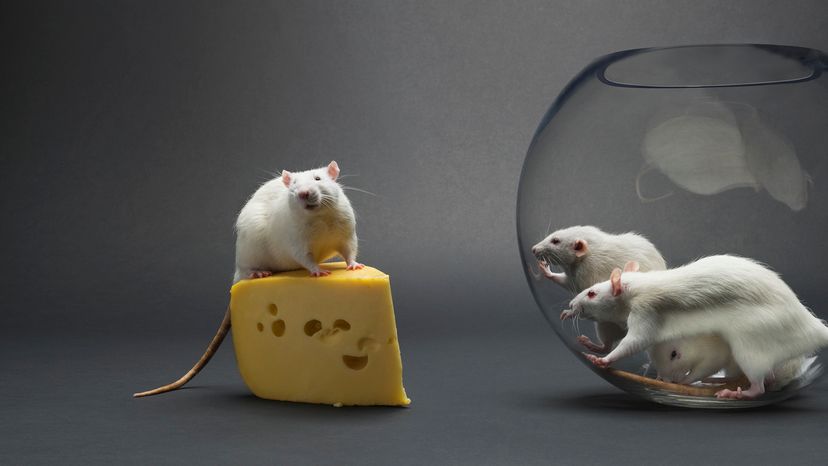Although the demographics of jealousy are difficult to study, researchers do have special concern about child and adolescent jealousy. According to legendary child entertainer Fred Rogers (commonly known as Mr. Rogers), competition can be tricky for very young children, likely causing jealousy to rear its ugly head when it becomes evident that parental love and attention must be shared with others.
All in the Family
Sibling rivalry is also very common in multi-child households, causing angst between children and for the parents who have to put up with near constant bickering. Unfortunately for weary parents, this behavior is completely normal.
Kidshealth.org recommends that parents refrain from getting involved in sibling arguments unless there's a threat of physical harm. This forces the children to deal with the squabble themselves, rather than relying on the parent(s) to iron it out. It also minimizes the risk that the parent may subconsciously side with one child over another, amping up the fodder for fights.
Experts also encourage parents to keep the peace by proactively spending one-on-one time with each child and reminding them regularly that true parental love does not have limits, among other things.
Young Friendships
As if adolescence is not challenging enough, a study in the journal Developmental Psychology found that adolescents who experience low self-esteem and extreme loneliness tend to worry that friendships are threatened by others, causing jealousy that can lead to aggressive behavior.
The researchers found that intimacy (in this case through friendship) begets vulnerability, resulting in jealousy and aggression.
A sample size of 500 fifth through ninth grade students were evaluated to assess these vulnerabilities. For example, the questions were designed to find out what level of jealousy resulted in hypothetical situations, such as if their best friend went shopping with someone else.
The researchers also surveyed peers about their perceived opinions of jealous behavior in others. The study determined that adolescents with lower levels of self-worth were more likely to become jealous. In addition, the jealous adolescents studied were more inclined to become either physically or passively aggressive — ignoring people with whom they were angry.
The study also reinforced beliefs about females being more jealous than males. This group of researchers attributes this to the idea that girls have higher standards of loyalty, kindness, empathy and commitment than boys, so they become more jealous when these standards are not met.
The underlying factor in this negative behavior is the same as it is for everyone — adolescents fear losing friendships, so they behave in a jealous manner to "protect" them, even if their behavior is actually destructive.
'Green With Envy'
Why are jealousy and envy referred to so often in shades of green? "Othello," one of William Shakespeare’s most famous plays, is a tale wrought with jealousy. The title character is manipulated with such skill by his best friend that he begins to believe his wife has been unfaithful to him.
The manipulator, Iago, continues his treachery by "warning" Othello of the dangers of jealousy: "O, beware, my lord, of jealousy; It is the green-eyed monster which doth mock…" Jealousy is also noted this way by authors such as Ovid and Chaucer and in such uses as "green with envy."
It is thought by some to date back to the ancient Greeks, who believed that jealousy resulted in the overproduction of bile, turning human skin a light shade of green.


